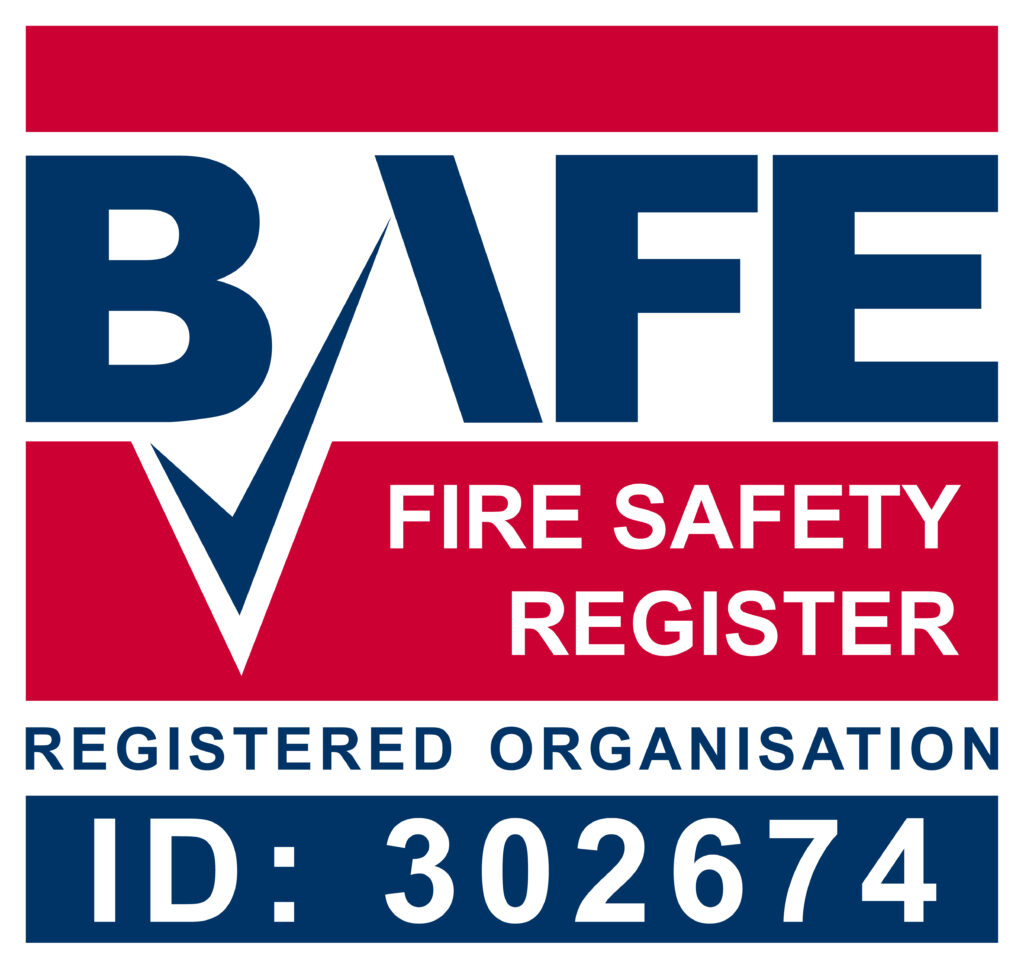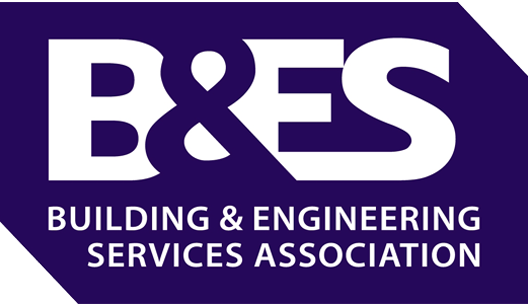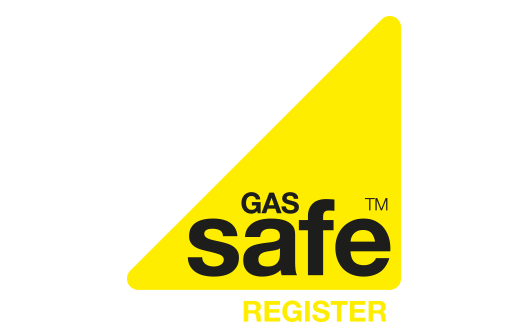World Environment Day 2025: Turning the Tide on Plastic Pollution 🌍
World Environment Day in 2025 will focus on ending plastic pollution. This year’s theme underscores the urgent need to act. Encouragingly, countries are moving closer to a legally binding global treaty to end plastic pollution. Plastic pollution is a growing global threat – deepening the impacts of the triple planetary crisis: climate change, biodiversity loss and pollution. Each year, approximately 11 million tonnes of plastic leak into aquatic ecosystems, while microplastics accumulate in soils through sewage, landfills and the use of plastics in agriculture.
At Corrigenda, we’re committed to reducing waste at every level: from minimising single-use plastics and packaging, to reusing materials and achieving over 85% recycling rates. Backed by ISO 14001 accreditation and a robust circular waste strategy, we take pride in delivering sustainable, low-emission services that support a cleaner, greener future.
Corrigenda’s Waste Management, Emissions Minimisation, and Carbon Reduction Policy, backed by an overarching Sustainability Strategy align strongly with this year’s theme and demonstrates actionable commitment in the following areas:
Minimising Plastic Waste and Packaging
Corrigenda takes concrete steps to reduce reliance on non-recyclable and single-use plastics, both on-site and in its offices:
• Procurement practices prioritise products that are durable, repairable, and come with minimal packaging.
• Cleaning products are water-based, biodegradable, and sourced with recyclable packaging where possible.
• Plastics from packaging, identified as one of the more difficult waste streams, are critically reviewed with alternatives actively pursued to prevent landfill disposal.
Circular Economy in Practice
Corrigenda implements a hierarchical waste strategy, with disposal only as a last resort:
• High levels of waste segregation and a target of 85% recyclable waste recovery.
• Closed-loop recycling of metals and breakdown of WEEE waste to maximise reclaimable material.
• Re-use of overstocks, packaging take-back schemes, and careful specification of materials help reduce Scope 3 emissions and unnecessary procurement.
Education, Oversight, and Accreditation
The company fosters a culture of environmental responsibility:
• Toolbox Talks and staff training encourage recycling and responsible waste management.
• Fully accredited under ISO 14001, with transparent, auditable waste reporting.
• Employees are equipped to minimise waste at source, supported by digital reporting tools to cut down on paper usage.
A Shared Global Effort
As the world moves towards an international treaty on plastic pollution with Geneva hosting the next round of negotiations in August 2025, Corrigenda stands in solidarity, actively contributing to local and national waste reduction goals through operational best practice, sustainability commitments, recycling and continual improvement.
Corrigenda’s comprehensive and responsible approach to waste management illustrates how industry can play a critical role in tackling plastic pollution and supporting a more sustainable future. On World Environment Day 2025, the message is clear: action starts now, and responsibility is shared.










